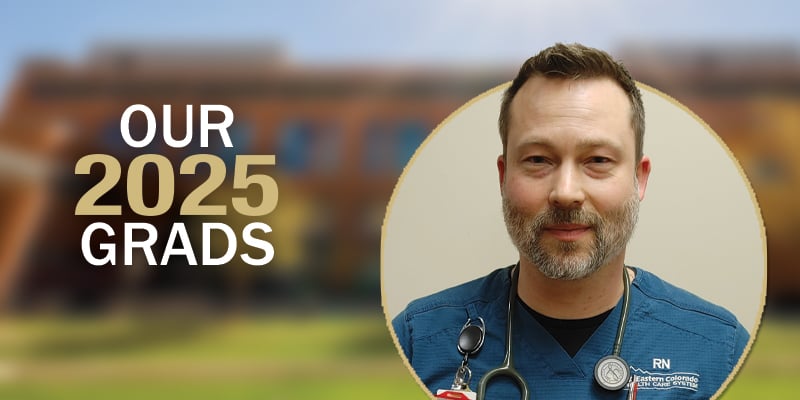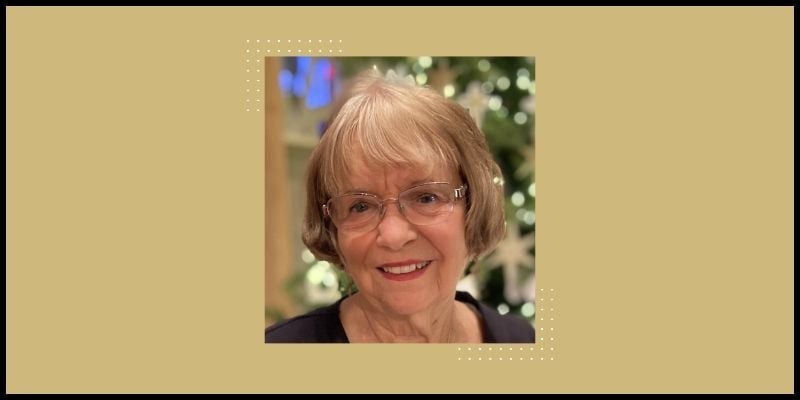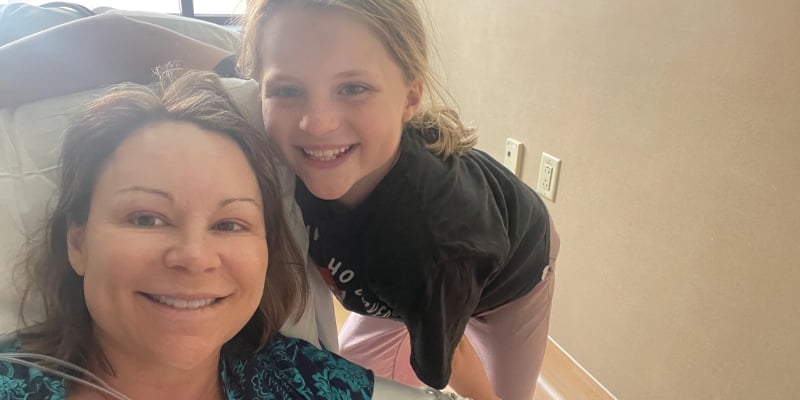In the sterile hallways of the Rocky Mountain Regional VA Medical Center, Joe Funk moves with purpose. Behind each door lies not just a patient, but a story of service—stories that Funk has dedicated his career to understanding more deeply.
“I wanted to fill that gap in my understanding of veterans since I’m not someone who served,” he says. “I felt earning this degree would enhance my ability to serve the population that I've chosen to work with.”
The Invisible Wounds of Service
Though Funk never wore a uniform himself, military service runs in his family. Both his grandfathers and his brother served, each returning with profoundly different experiences—a pattern he recognizes in the veterans under his care.
“You treat these patients…and they might have been lying in the dirt in Vietnam for days after getting shot, and this person survived. He’s here getting treatment, and he looks like any other patient who’s lying in a hospital bed, but he has different experiences than someone else. And that’s worth understanding.”
From Spreadsheets to Scrubs
Nursing wasn't always Funk's calling.
For a decade, he worked behind a desk in public health before realizing something was missing.
“I was staring at spreadsheets all day long and it wasn’t making me happy,” he says. “Nursing had more of the face-to-face contact with people, which is what I wanted. I thought, ‘I can do that, I think I’d like it’."
Cautious but determined, Funk first worked as a Certified Nurse Assistant (CNA) to "make sure I wasn't terrible at it" before earning his BS in Nursing from CU Nursing in 2016.
“There aren’t many careers where one degree applies to so many different jobs,” he says. “But I know I’ll continue to serve veterans at the VA for the foreseeable future, and the exact way I do that is TBD. It doesn't matter where I go, my master’s degree will help veterans, and it will help me help them.”
Healing the Healers
Funk's commitment extends beyond patients to those who care for them. While pursuing his master's with a specialty in Veteran and Military Health Care, he tackled the critical issue of moral distress among nurses—an often overlooked occupational hazard.
“This topic was important to me because one, nurses are people too, and I want to take care of people. That’s what nurses do, right?” he says. “And the second is I see my co-workers going through distress, and I want them to feel better because they’re the ones dedicated to treating our veterans.”
He advocates for nurses to process their experiences through conversation, noting parallels to PTSD while being careful not to equate the two.
“Moral distress is something that can be mitigated, but it’s not something where you can give a nurse a magic pill and make it go away,” he says. “Nurses shouldn’t just let it happen and fester. It’s important to assess and recognize if nurses are going through moral distress and make sure it doesn’t get swept under the rug. The other aspect is, what do you do about it once you see it happening? That’s a component still being worked out.”
In a profession where burnout threatens quality care, Funk's dual focus on veteran patients and their caregivers represents a holistic approach to healthcare, recognizing that to truly serve those who served, we must also support those who provide that service.


